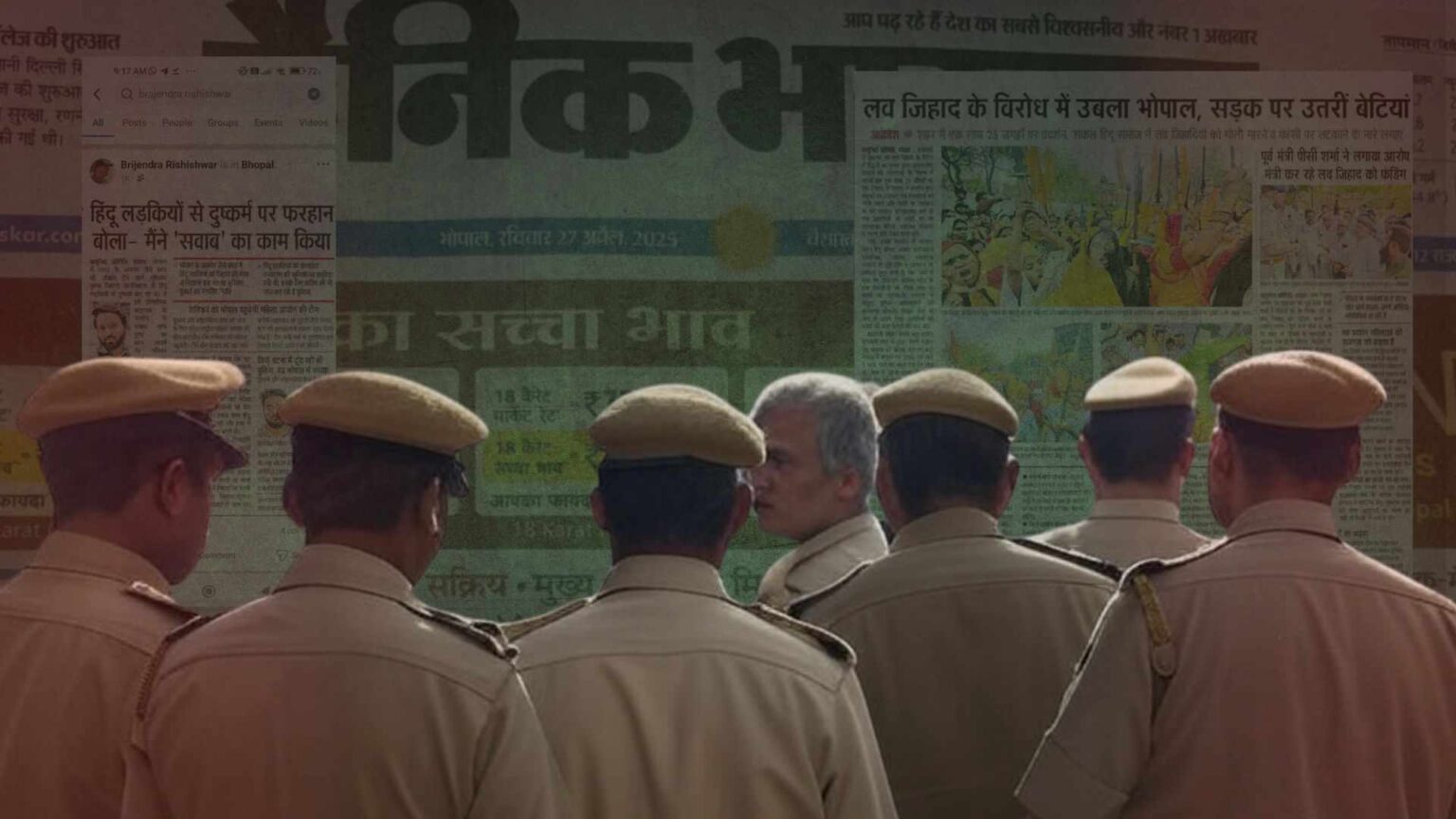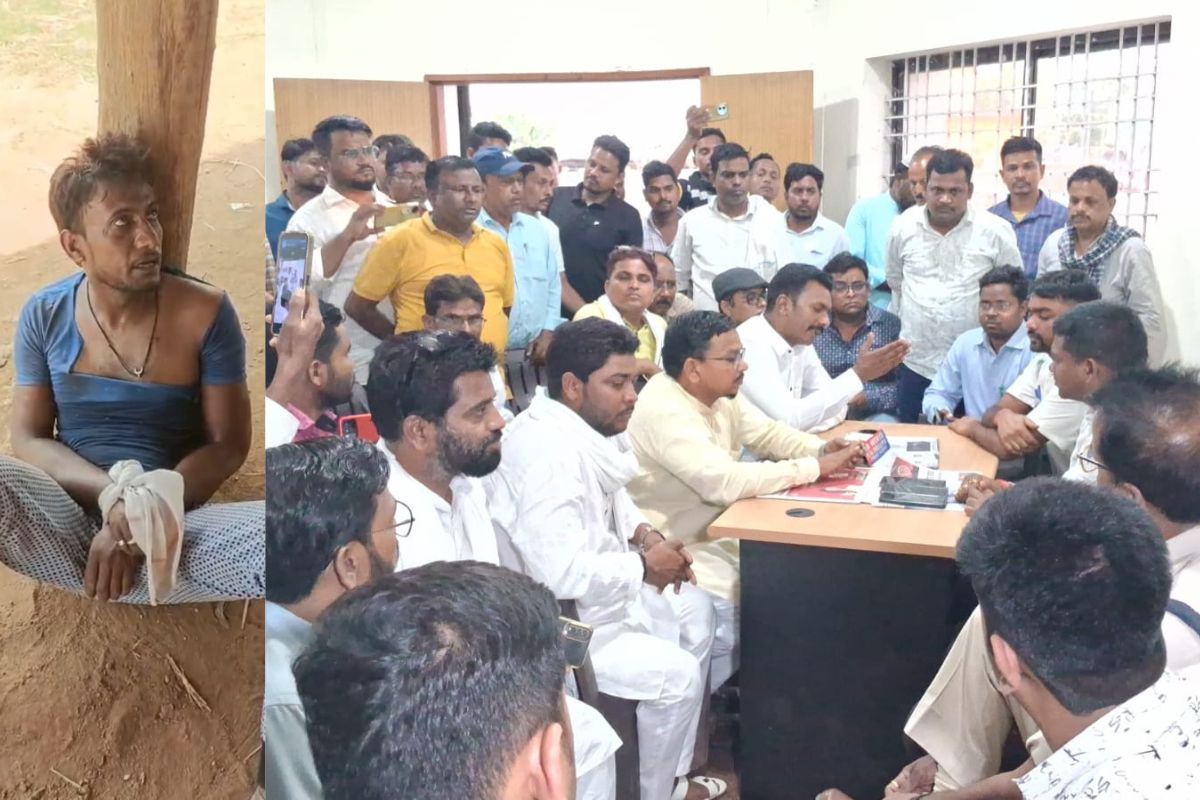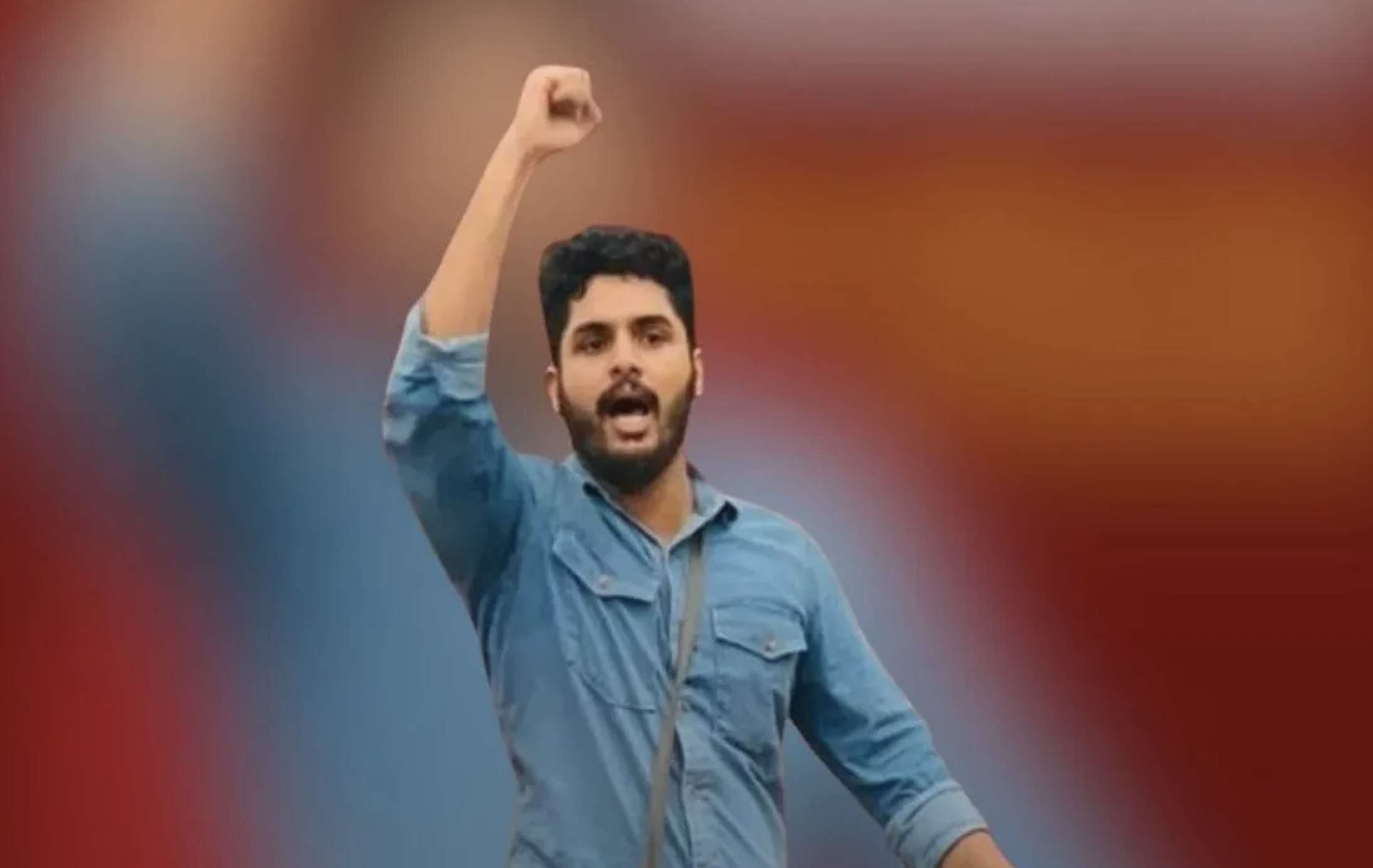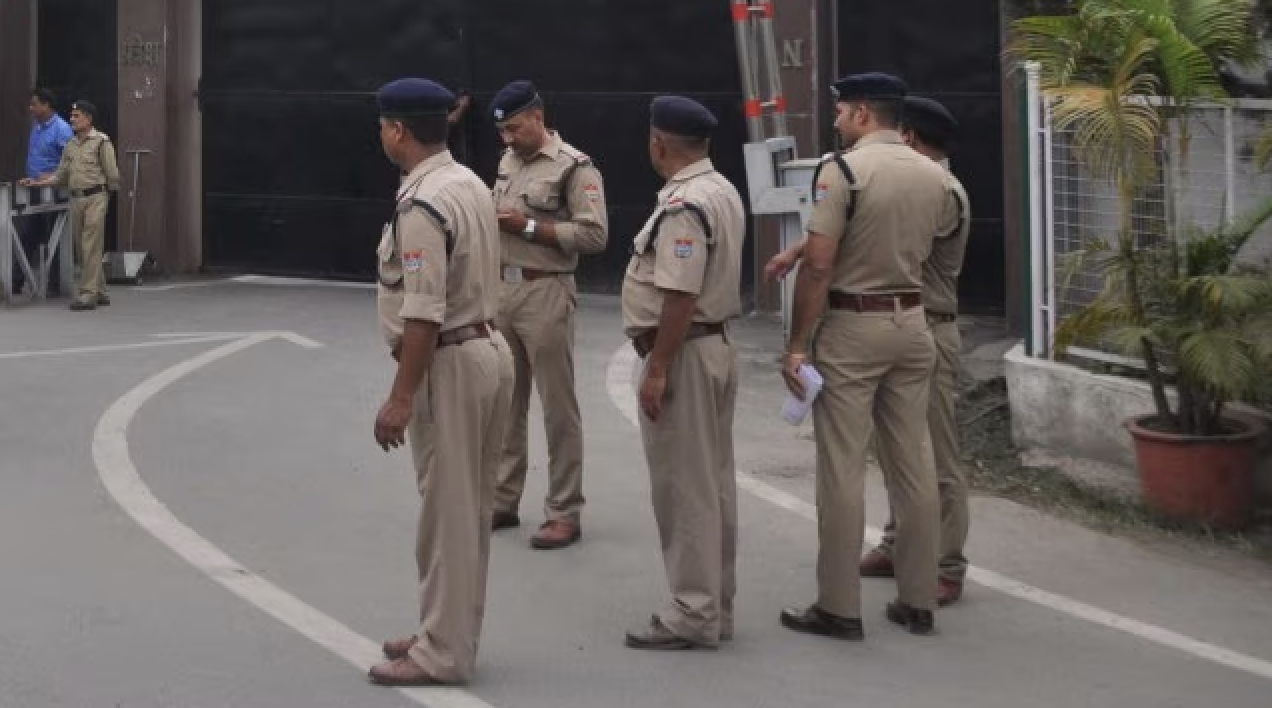
Of late Asaduddin Owaisi, 50, is India’s most recognized Muslim politician. President of the All India Majlis-e-Ittehadul Muslimeen and a four-time Member of Parliament, representing the historic southern city of Hyderabad, he has emerged as an effective voice against the newly adopted controversial citizenship law, believed to be discriminatory to the 180 million Muslim population in India.
Known for his bold statements, London-educated Barrister of Law, with his persuasive Urdu and fluency in English, Owaisi faces ire of both secularists and Hindu nationalists. For Hindu nationalists, he represents the cause of Muslims, whom they loathe, and for secularists, he is responsible for fragmenting Muslim electorate by fielding his candidates in Muslim dominated constituencies.
In an exclusive interview with Anadolu Agency, Owaisi discusses various facets of the controversial citizenship law and explains fears and apprehensions of Indian Muslims.
Anadolu Agency: The Citizenship Amendment Act (CAA), adopted by the Indian parliament recently grants citizenship to the persecuted minorities from Afghanistan, Pakistan and Bangladesh. Why are you opposing this law?
Asaduddin Owaisi (AO): The first point is that as an Indian, we cannot allow a government to make an unconstitutional law just because it has the brute majority. We are opposing it because it violates the fundamental rights enshrined in the constitution. Also, you cannot have two citizenship laws in India. You cannot allow this country to be governed on the basis of religion. So, these are important reasons for which I am opposing this law.
This law is linked to the National Register of Citizens (NRC), an exercise where every Indian citizen will be asked to prove his/her citizenship. Now if Hindu, Christian, Sikh, Parsi or Jain is not able to prove citizenship, for want to documents, he will be granted citizenship automatically as per the law passed by the parliament. But if a Muslim is not able to prove, he will be declared an infiltrator. He will lose the voting right and will not be eligible for employment. He will be a second-class citizen. The law threatens to make Muslims stateless in their own country. Already detention centers are being constructed all over the country to lodge such people who will be declared doubtful citizens.
Q: Many countries in the world undertake such exercise to identify illegal immigrants. Why are you opposing its implementation in India?
AO: My apprehension is that Muslims will become stateless as I explained to you earlier. Just for want of some stupid documents, I will not be able to prove my citizenship. The irony is that the new law says that the refugees coming from Bangladesh, Pakistan and Afghanistan can become citizens, even if they do not have any documents. They will be given long-term visas and then subsequently will get citizenship. Here, I have lived in this country for more than past two centuries and I have to show documents. An exercise of the National Population Register (NPR) has already started. A low-level officer has a right to earmark and say that you are a doubtful citizen. Now that doubtful list will have to prove his citizenship. So, you are creating unnecessary chaos in the country and the CAA has to be looked through the prism of the NRC. Prime Minister [Narendra] Modi wants to make this country a theocratic country.
Q: Prime Minister Narendra Modi has assured people that no detention centers are being constructed. Why you do not believe in his assurances?
AO: He had also said that there would be no talk of the NRC. I have tweeted a video of Home Minister Amit Shah while replying to debate in parliament, he used my name and said, ‘Mr. Owaisi we are going to have NRC everywhere in the country.’ Now how can the prime minister mislead the nation?
The election manifesto of ruling BJP [Bharatiya Janata Party] talks about it. Detention centers are coming up. One detention center is already built in Karnataka. Former Maharashtra chief minister said the detention center will be constructed [in Maharashtra]. Modi feels that he is a kind of a demigod and people will believe in him and all of us are fools.
The BJP under the leadership of Modi has perfected the art of deception. One minister made a statement two days ago stating that why are you getting worried, if you have national identity card that is good enough. But the law says it is not the final document for citizenship.
Q: The current agitation against the controversial law has caused many deaths all across the country. How do you justify such protests?
AO: Listen, these deaths have taken place because of police firing. There are numerous videos of Mangaluru and Uttar Pradesh showing police charging, hitting and killing poor people. Surprisingly, the prime minister is not talking about it. What is happening in India’s largest state of Uttar Pradesh is abnormal and it is high handed behavior of the state.
Q: The NPR exercise has started. You have said that so many controversial questions are being asked to the people. What are you those questions?
AO: The people are asked to present a passport. The government itself claims that only 5% of the population has been issued passports. There is an order of Bombay High Court, saying that the passport does not confer citizenship. Further, just 50% of Indians have birth certificates and most important point is that you have given discretionary power to lower officials to mark any Indian citizen as doubtful. This is crazy, nothing but madness.
Q: Protests against the controversial law have intensified in the country. What is the roadmap ahead?
AO: This [CAA] is not a Muslim issue. It is not exclusively Muslims issue. It is for every Indian to ponder about. It is about turning the country into a theocratic state. This fight is for the soul of India. This fight is to save the ethos of India and if you want sacrifices of our freedom fighters should not go in vain, stand up and be counted. The first and only condition is that register your protest peacefully. There are some unsocial lumpen elements, indulging in a sort of unlawful behavior. That has to be condemned. But that does not absolve what police did in Delhi’s Jamia Millia Islamia and Aligarh Muslim University and other places.
Q: How you are planning to take this fight forward?
AO: I have filed petition in Supreme Court. We are holding protests, public meetings. We are educating people.
Q: Why in India, Muslims are not able to form their own political party, like lower caste Hindu Dalits and other caste groups?
AO: You should ask this question to Muslims. I cannot answer for them, because I do not want to become a Muslim leader, neither it is my intention or my objective. It is for the Muslim community to answer. It is for the community, which should realize now; it is for them to really do soul searching and introspection and make those accountable, whom they had been voting and supporting.
Q: You had tried to build a Muslim-Dalit alliance in the western state of Maharashtra and other places, which many people called an alliance of the oppressed. Why it did not work?
AO: It did work. In the parliament elections, we got a substantial number of votes. Imtiyaz Jaleel defeated a Shiv Sena MP, who was winning past 30 years. It is not a joke to defeat a Shiv Sena MP in Maharashtra. There is definitely a scope. We are working on it and will continue to try our level best. There no way other than to bring together marginalized communities, to end their exploitation and fight against injustice.
Q: There is an impression that you are helping the BJP in the elections by fragmenting secular votes. What are your comments on this?
AO: I contested in Jharkhand, did BJP win? I did not content in Haryana, but BJP won. You should thank me because I am strengthening democracy. The winning and losing is part and parcel of democracy. I did not win in Jharkhand and I will win and work harder. I contested only on three parliamentary seats. I was not responsible for BJP winning 306 seats. Why there are just 4-5% Muslims representing in Indian parliament? It is a real problem. Why secular parties are not able to transfer their own votes to Muslim candidates? Many of Muslim MPs, who make it to parliament, win from constituencies with 30% plus Muslim voters.
This story first appeared on December 25, 2019 here.






